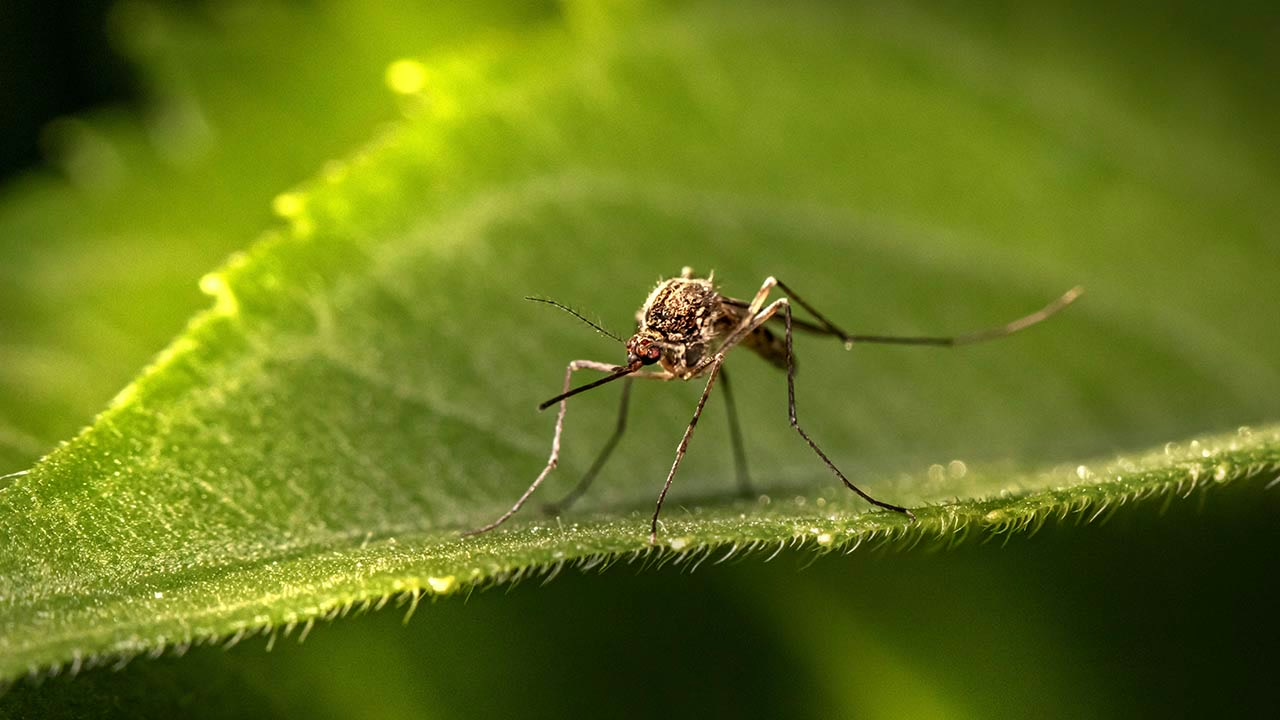Scientists Discover CBD Extract Effectively Kills Mosquitoes
Summarize

A study conducted at Ohio State University and published in Insects found that CBD extract is effective at killing mosquito larvae. CBD extract was derived from the leaves of the Cannabis sativa plant, which were air-dried and then ground. The CBD extract was then added to cups of water containing fever mosquito larvae. The larvae from two mosquito strains were killed within 48 hours.
This has the potential to be a significant discovery because over one million people globally die each year from mosquito-borne diseases. Currently, pyrethroid insecticides are used to kill mosquitoes. Pyrethroids are commonly used pesticides on crops and are considered safe for both humans and animals. However, pyrethroids also bind to soil particles and organic matter, which can lead to long-term soil contamination. In addition, larvae and adult mosquitoes are developing a resistance to pyrethroid doses.
The researchers added CBD extract to cups of water because mosquito larvae hatch in water. Every mosquito larva died within two days after exposure to CBD, regardless of its genetic makeup, which supports its ability to adapt to pyrethroids. Since CBD was effective so quickly, mosquitoes would not have the opportunity to develop generational resistance.
CBD would be a natural insecticide, so there is a question of how much would be needed to have a measurable effect on the world’s global mosquito population. Martinez Rodriguez, the study’s lead author, said,
“If you compare the amount of hemp extract needed to kill 50 % of the population to other synthetic conventional insecticides, it is on the high side, but when you compare it side by side to other natural extracts we have tested in our lab, only a relatively low amount is required to produce high mortality values in larvae.”
Insects do not have an endocannabinoid system, so CBD cannot bind to ECS receptors. Though it is not yet known how CBD works in the mosquito’s system, the theory is that CBD targets ion channels or enzymes. Through chemical analysis, it was determined that CBD was responsible for killing the mosquitoes, while terpenes had a minimal effect.
Besides killing mosquitoes before they can spread, developing a natural CBD-based insecticide will also enable hemp farmers to utilize more of the plant waste generated after flowers and seeds are harvested. This would provide an additional revenue stream in an industry supporting $291 million in hemp products. Hemp grows in various climates and does not need harsh pesticides applied to control insects. Finding new uses for hemp plants would benefit rural communities that need to diversify their income sources, and urban growers could support a supply chain focused on vector-controlled programs.
The next stages of research will focus on refining the dosage, testing various formulations for their effectiveness on water surfaces, and investigating how CBD interacts with other insect control measures in use. The researchers will also test different hemp strains to determine which ones maximize larvicidal efficacy.
Before approval to sell CBD pellets, slow-release films, and briquettes for mosquito control is granted, policymakers and regulators will want to know if there are any environmental effects. If additional research proves CBD extract is a powerful agent that kills mosquitoes and saves lives, it is hoped the government does not become an impediment to its use.
Share this post


0